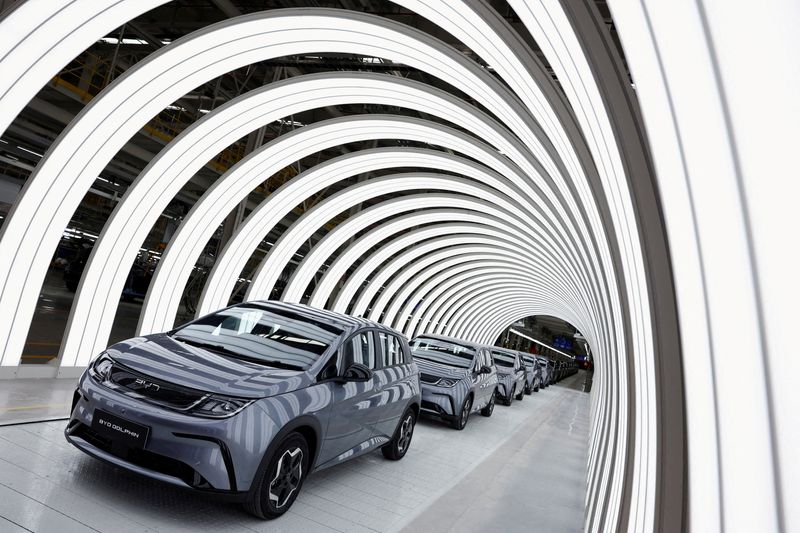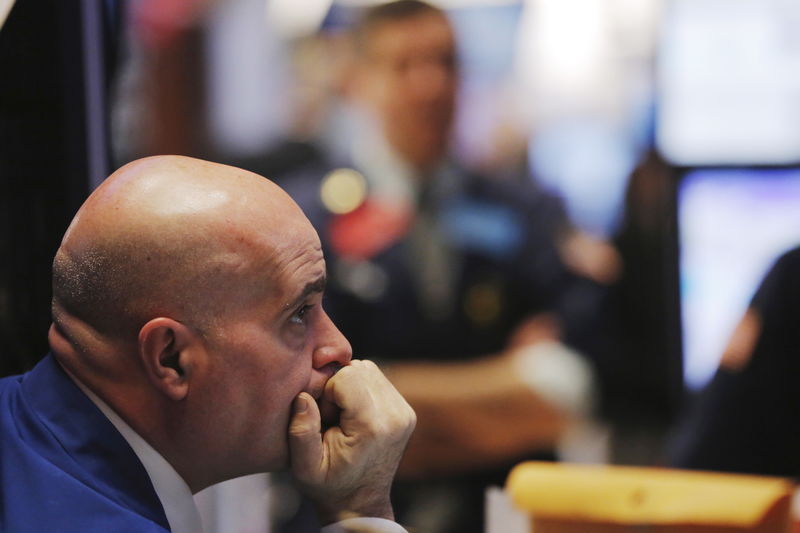BEIJING (Reuters) – The European Commission’s decision to go ahead with tariffs on Chinese-made electric vehicles threatens to undermine decades of cooperation between China and the EU and jeopardizes climate change goals, Xinhua news agency said Saturday.
On Friday, the EU said it would go ahead with hefty tariffs on Chinese-made electric vehicles even after the bloc’s largest economy, Germany, rejected them. The dispute is the biggest trade row with Beijing in a decade.
State-run Xinhua said the move revealed a “deep-seated protectionist impulse.”
“Rather than fostering cooperation, these tariffs risk sparking a trade conflict that could damage not only China-EU relations, but also Europe’s own ambition for a green transition,” the report said.
“The path forward is clear: protectionist tariffs must be abandoned in favor of continued negotiations.”
European imports of Chinese-made electric vehicles have soared in recent years, raising concerns among some domestic EV makers that they could face significant losses from a wave of cheap Chinese electric vehicles.
The proposed tariffs on Chinese-built EVs of up to 45% would cost carmakers billions of extra dollars to bring cars into the bloc and will be imposed for five years from next month.
The Commission, which oversees the bloc’s trade policy, said after a years-long anti-subsidy investigation that the tariffs would counter what it considers unfair Chinese subsidies. However, on Friday it said it would continue talks with Beijing.
A possible compromise could be to set minimum sales prices.
China’s Ministry of Commerce has strongly opposed the planned tariffs, calling them “unfair, non-compliant and unreasonable.” She has launched a challenge to them at the World Trade Organization.

In what were seen as retaliatory actions, Beijing this year launched investigations into imports of cognac, dairy and pork products from the EU.
The US imposes a 100% tariff on imported Chinese electric vehicles.


